This article is a collection of useful resources to help you in troubleshooting Skype for Business (Lync).
SfB/Lync Log File Locations
Windows Client Logs
SfB 2016: %userprofile%\AppData\Local\Microsoft\Office\16.0\Lync\Tracing
Lync 2013/SfB 2015: %userprofile%\AppData\Local\Microsoft\Office\15.0\Lync\Tracing
Lync 2010: %userprofile%\tracing
Log File: Lync-UccApi-#.UccApilog
Web App Logs
Add ?sl=1&log=full to the end of your meet url to enable detailed logging
e.g. https://meet.lync.co.nz/andrew/asea234ds?sl=1&log=full
Log location: %userprofile%\AppData\Local\Microsoft\LWAPlugin\Tracing and look for a file name
Log file name: LWAJSPersistent#.log
Lync Server Logs
Lync 2010/2013 tracing – C:\WindowsTracing
Lync Windows Client Cache
Its often a useful troubleshooting step to delete the Lync client side cache, in particular when dealing with address book issues. You can find the client cache folders as follows. Its safe to delete the entire sip_<user>@<domain> folder. Note that to do this you will need to exit the Lync client.
SfB 2016
%AppData%\Local\Microsoft\Office\16.0\Lync\
Lync 2013/SfB 2015
%AppData%\Local\Microsoft\Office\15.0\Lync\
Lync 2010
%AppData%\Local\Microsoft\Office\12.0\Lync\
Address Book Cache
Deleting Address Book Server Side Cache
Its often a useful troubleshooting step to delete the address book server side cache when dealing with address book issues. This step would be used if deleting the users client cache hasn’t helped. After deleting the server side cache, it would be advisable to delete the users client cache, then re-test.
- Navigate to \\<Lync File Share>\<#>-WebServices-<#>\ABFiles\00000000-0000-0000-0000-000000000000\00000000-0000-0000-0000-000000000000
- Delete all files within this directory
- Open Lync/SfB PowerShell
- Optionally, run Update-CsUserDatabase – This synchronizes data between AD and Lync backend DB (rtcab). This step should not be necessary under normal circumstances and may take some time to complete. Look for Event Log 21010 – “Synchronization pass completed successfully. Address Book web service backend data partition” to confrm
- Run Update-CsAddressBook – This writes changes in backend DB to the address book files
- Check the file share location to confirm files have been re-created
Address Book URL’s
Make sure that you can browse to the following URL’s. You should receive an authentication challenge.
https://<internal or external web services URL>/abs/handler
https://<internal or external web services URL>/abs/handler/GroupExpansion/Service.svc
Lyncdiscover URL
https://lyncweb.domain.com/Autodiscover/AutodiscoverService.svc/root
Mobility MCX Service URL
https://lyncweb.domain.com/mcx/mcxservice.svc/mex
Web Apps
Service URL – https://ExternalWAC.domain.com/hosting/discovery
If the result is successful, you should see the XML content in your browser.
Edge Replication Service
https://<Edge Internal>:4443/ReplicationWebService
Lync Troubleshooting Tools
This is a collection of tools that I regularly use when troubleshooting a Lync client or server issue.
-
- Transport Reliability IP Probe
- Speed Test
- Remote Connectivity Analyser
- Lync Downloads List
- Lync Monitoring Server Reports
- Remote UC Troubleshooting (RUCT) – SRV record, certificate retrieval, Federation and connectivity testing
- PortQuery (config for Lync)
- Lync Synthetic Transaction cmdlets (Test-CS*)
- Telnet (I will put together a list of server/ports to test)
- Lync troubleshooting tools by James Cussen
- Lync ICE Warning Flag Decoder
- Wireshark – Getting Started | Decrypt Lync Communications
- Microsoft Network Monitor (traffic sniffer)
- Fiddler (http / https traffic analyzer)
- Lync Server 2010, Stress and Performance Tool
- Lync Resource Kit 2010 | 2013
- Snooper 2010 – uccp client and server log parser
- dbanalyze (used for querying SQL backend, to get pool, user and conference information)
- Lync Server 2013 Debugging Tools
- Snooper 2013 – uccp client and server log parser
- OCSLogger (included with Lync 2010)
- OCSTracer (included with Lync 2010)
- Server Event Logs (you knew that already though!)
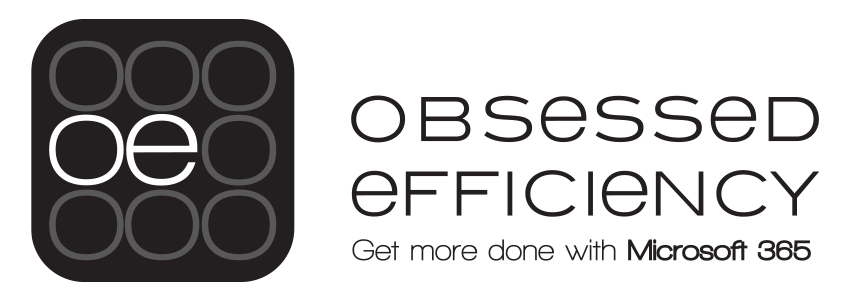

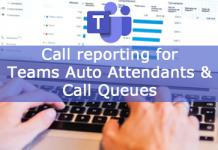
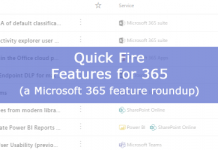

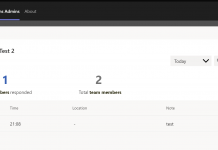
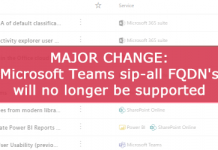
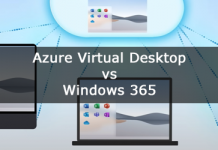
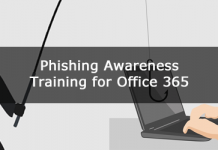




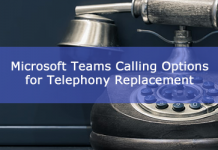
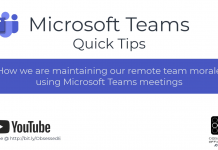


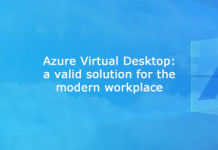
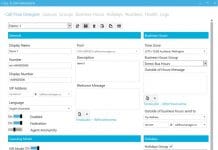







Excellent stuff
slight correction though trivial
there should be a / in the path after the second % sign.
Lync 2013: %userprofile%AppDataLocalMicrosoftOffice15.0LyncTracing
Lync 2010: %userprofile%tracing
Thanks for pointing that out, not sure what happened there!